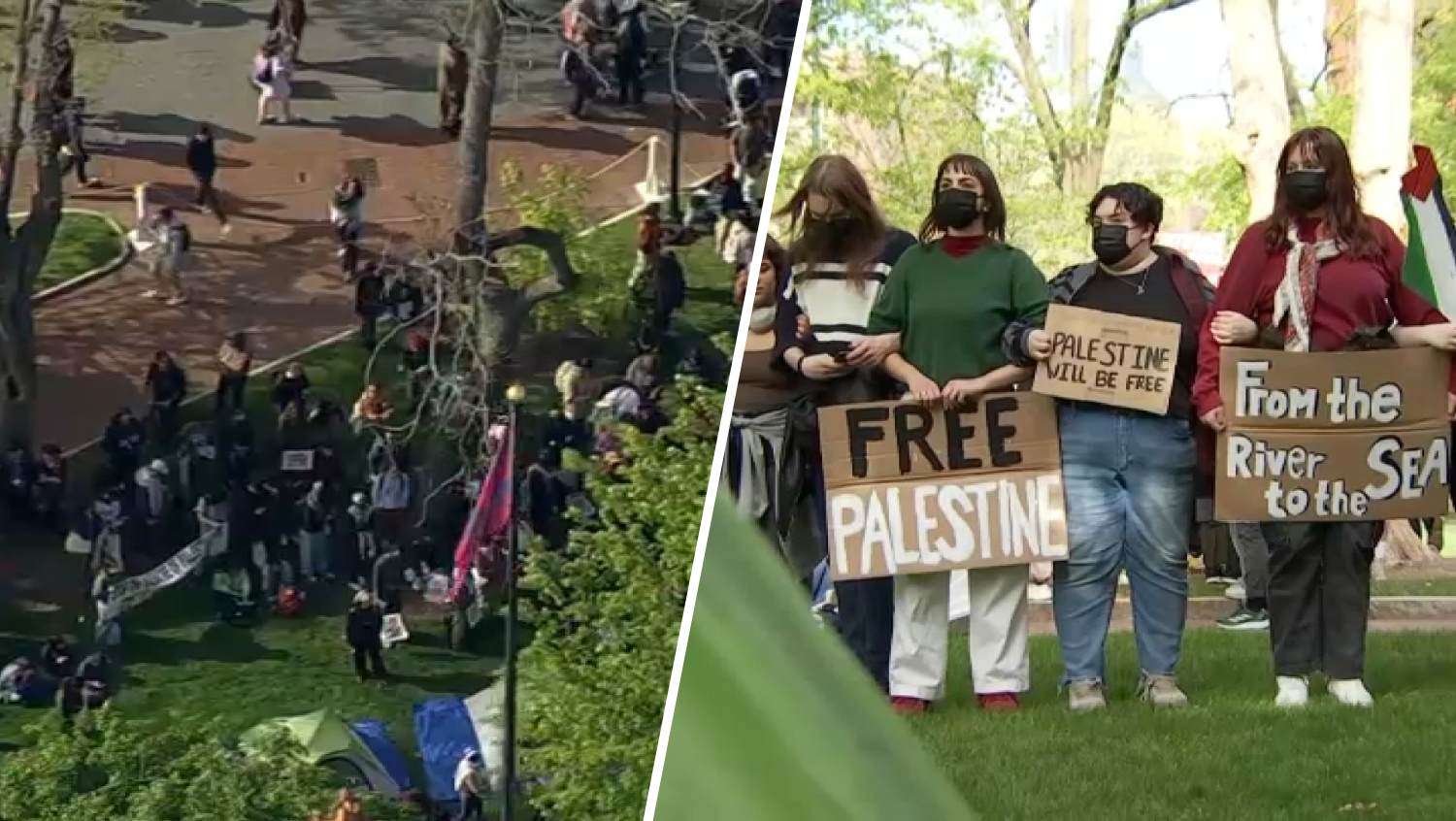After fighting for our country, some local veterans may have encountered medical professionals who didn’t complete required trainings, once those vets returned home. That’s according to an investigation by the NBC10 Investigators, which reviewed the Department of Veterans Affairs own documents.
Jose Martinez, born and raised in Northeast Philadelphia, was in the served active duty in the Navy and Reserves from the late 1980’s through the mid 1990’s. In the years after, he has struggled with homelessness, substance abuse, psychiatric problems, and thoughts of suicide.
“I’m not dying – but for a lot of years, I wasn’t living,” Martinez said.
Thoughts of suicide haunt many who have served our country. Yet the NBC10 Investigators discovered gaps in training for suicide prevention at the Crescenz VA Medical Center.
According to the VA’s latest internal review, 14 of 15 applicable training records contained no evidence of new employees being trained on suicide prevention within 12 months of being hired.
The report also states that eight of the ten records indicated that clinicians did not complete suicide risk management training within 90 days of being hired.
Reviewers also found not all required reports were completed, nor did clinicians consistently document that they gave out suicide prevention plans.
Local
Breaking news and the stories that matter to your neighborhood.
Brigid Gallagher, Director of the Philadelphia Veterans House, told the NBC10 Investigators she was not surprised by these findings. She sees firsthand what veterans face every day, and said many vets already lack a support network.
“The need is so high for the veterans. And to be going to the place where they are expecting to get the care, where they are pretty much guarantee that ‘we’re going to be the ones that are supporting you’ – and those people aren’t even trained in it?”, Gallagher said.
The NBC10 Investigators found the VA's own records from 2012 show as many as 22 veterans are lost to suicide each day nationwide, which is about 8,030 veterans a year.
Records also show suicide rates for vets in their 60's are twice as high as non-veterans. For vets in their 70's, those rates are four-times as high.
Doctor David Oslin, chief of Behavioral Health at the Crescenz VA Medical Center, insists the missed trainings are more basic than the skill-level of anyone hired for such roles at the VA.
"To me it’s one tiny piece of what we do for suicide prevention," Oslin told the NBC10 Investigators. “We were at fault for not getting our providers to do it. We’ve corrected that since."
Oslin also said that the other findings, like incomplete reports, were caused by lapses in record-keeping, not lapses in actual patient care. He told the NBC10 Investigators that each gap will be fully corrected by April. He promised suicidal veterans can get the care they need.
Martinez said treatment and support at the VA have worked. He believes a recovery like his is accessible to other vets.
“That’s where I’m at today. I’m participating,” Martinez said.
The VA encourages any veteran who’s struggling with thoughts of suicide to call the Veteran Crisis Line immediately. The number is 800-273-8255.



